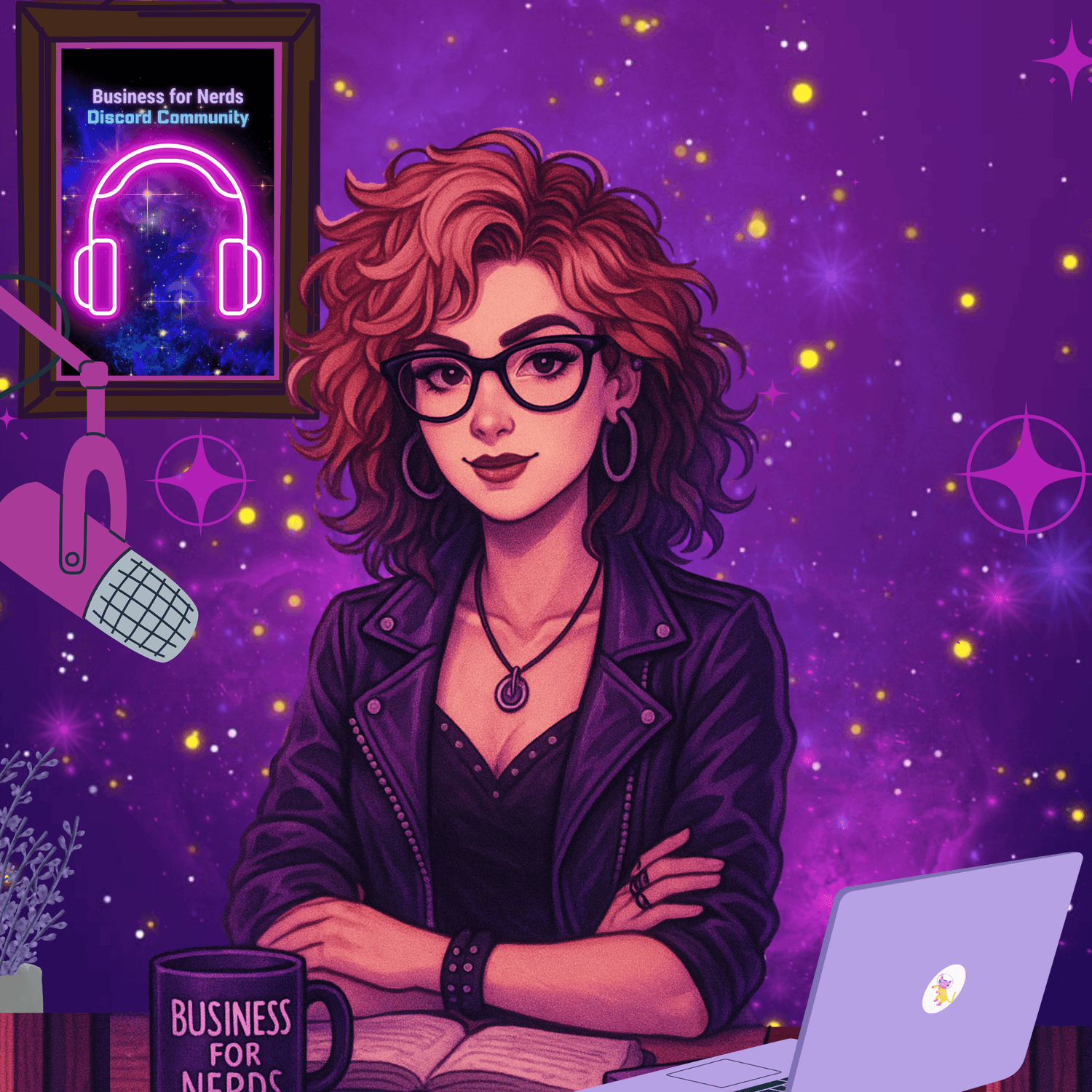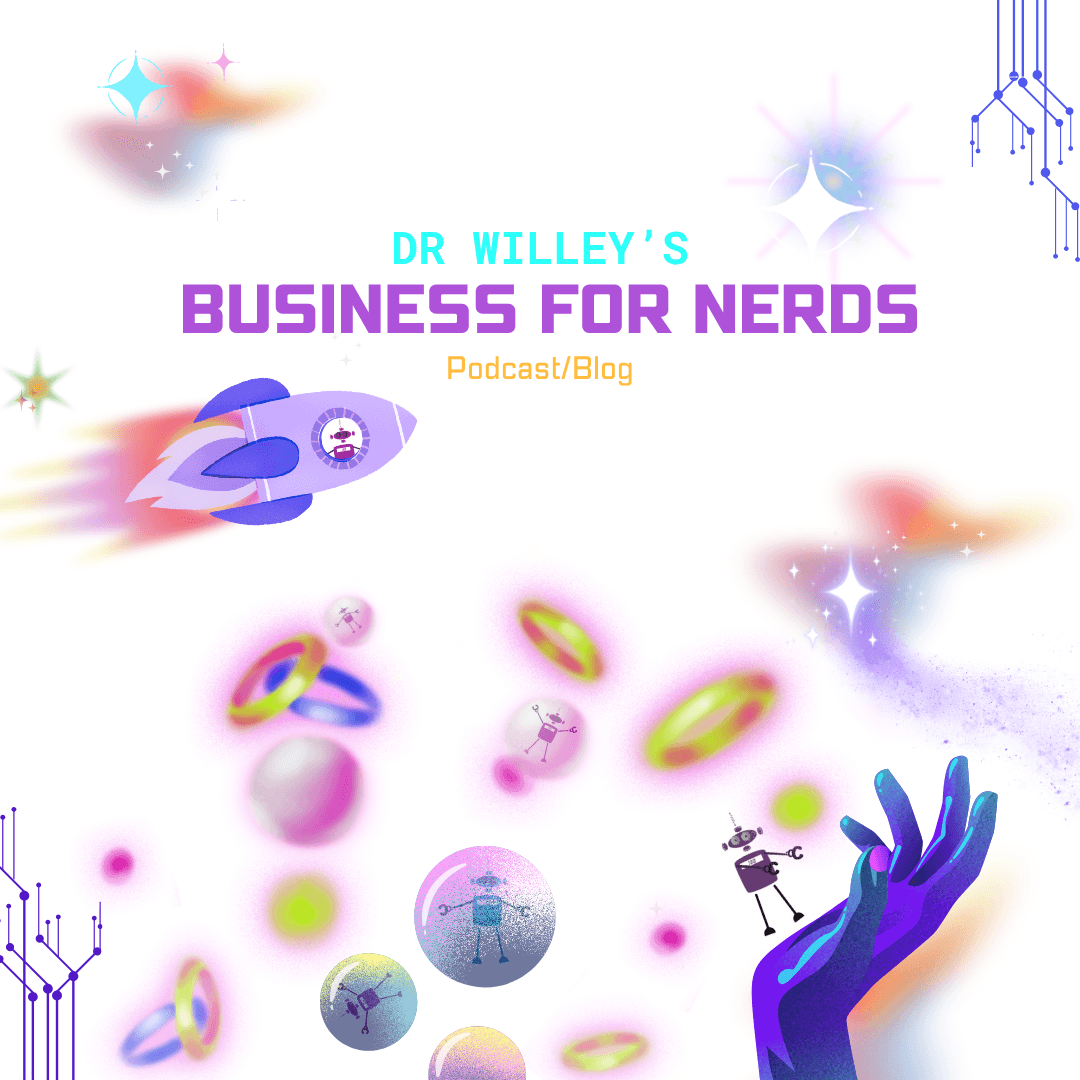The Empathic Fixer: Cheryl’s Compassion Fatigue Recovery Story
The Empathic Fixer – Cheryl
Case Study #1
Summary
Cheryl gave everything to her clients—but woke up wondering if any of it mattered. Her dreams were filled with client stories. Even after training in ART, she still struggled. Her healing began when she reframed her role spiritually and accepted ADHD as part of her design.
Key Quote
“This isn’t supposed to be mine. It never is. They shared it with me, and I honor that. But I give it over to God.”
From Emotional Overload to Gentle Reclamation
Cheryl is a deeply compassionate trauma therapist in her early 30s. She works in a group practice and sees around 22 clients a week—many of them survivors. She’s also a mom of two young children, active in her faith community, and known for her ability to "hold space" like no one else.
But behind her calm presence, Cheryl was unraveling.
🌪️ Her Unique Attributes
Cheryl has a natural ability to empathize. Her clients often say, “I’ve never felt this safe before.” She’s intuitive, quick to notice emotional shifts, and creative in how she uses somatic and visual processing techniques—especially since learning Accelerated Resolution Therapy (ART).
She was diagnosed with mild ADHD traits: racing thoughts, strong emotions, bursts of insight followed by shutdown.
She’s the one her coworkers ask for help. She’s the one her church calls when someone’s in crisis. And she almost never says no.
💔Where she got stuck
Over time, Cheryl began noticing signs she was no longer okay:
She woke up from dreams about her clients—reliving their trauma.
She’d feel inexplicably foggy and guilty on her days off.
Her energy plummeted even after sleep.
She found herself zoning out in sessions or forgetting what a client said the week before.
But the worst part? She questioned whether she was still helping anyone.
She had poured everything into her work. When it still didn’t feel like “enough,” her self-doubt kicked in: What’s wrong with me?
She masked her struggles with busyness and prayer. But her private prayers turned into pleas: God, am I failing them? Am I failing You?
🛡️ Her Turning Point
Cheryl reached her threshold after one particularly rough week when multiple clients had crises. She couldn’t sleep. She cried on the way to work. And for the first time, she thought, Maybe I’m not supposed to be doing this anymore.
But instead of quitting, she paused.
She reread her old training notes and realized: she was showing every sign of compassion fatigue. She reached out for supervision—not just clinical, but spiritual.
Her mentor reminded her: carrying pain is not the same as healing pain.
That reframe hit hard.
“This isn’t supposed to be mine. It never is. They shared it with me, and I honor that. But I give it over to God.”
🌿 Strategies That Helped Cheryl Reset
Emotional Boundary Rituals
Cheryl created a post-session ritual: a short prayer, a breath, and a mental practice of “handing the story back.” She no longer left sessions emotionally entangled. She learned to separate being with from being responsible for.
Journaling Her Role
She wrote down her job descriptions—not the one on paper, but the one she unconsciously held: Fixer. Savior. Constant Container. She rewrote it: Witness. Guide. Steward—not the source.
Neurodivergent-Aware Systems
She simplified her workflow using visual boards and playful structure. Instead of leaving sessions in mental overload, she closed tabs (literally and emotionally) after each day.
Permission to Be Human
She gave herself full permission to have days where she wasn’t the wise one, the deep one, the “container.” Sometimes she just needed to be. And that was okay.
Faith-Based Releasing
Her prayer life shifted: less about asking for strength to carry others, and more about letting God carry her. She began to trust that release wasn’t neglect—it was surrender.
✨ Who Cheryl Is Now?
Cheryl didn’t quit providing therapy. But she quit carrying it alone.
She still has hard days.
But now she pauses without guilt.
She schedules recovery space.
She lets God hold what she can’t.
She’s not perfect—but she’s present.
And that, she says, is more than enough.
I am writing up a synopsis of each participant's strengths, struggles and insights.
Follow for more.

Hey! I'm Dr. Willey
Hi, I’m Dr. Brie-Anna Willey—a therapist, coach, creative, and business nerd passionate about helping therapists, helpers, coaches, creatives, and fellow business nerds build businesses they love. With a doctorate in Community Care and Counseling from Liberty University and a wealth of experience as a licensed mental health counselor and certified professional coach, I specialize in guiding private practice owners through the unique stressors they face while helping them diversify their income streams.
JOIN MY MAILING LIST
Newsletter
Subscribe now to get daily updates.




